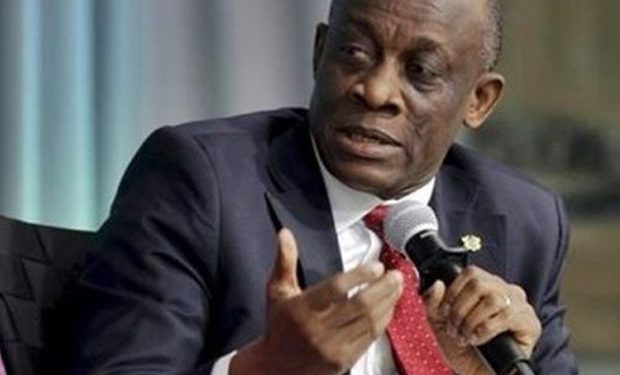Current Economic Stability Not Permanent – Presidential Economic Advisor Warns Against Complacency
Ghana’s current macroeconomic stability is transient and must not breed complacency, economic advisor to President John Mahama and former Finance Minister, Seth Terkper, has warned.
Speaking on PM Express on Thursday, Mr Terkper stressed the inevitability of economic shocks and called for deliberate policy measures to build financial buffers capable of absorbing future crises.
“Stability is not forever,” he cautioned. “You cannot manage an economy continuously for four years without one crisis or the other.”
He backed President Mahama’s tempered optimism, noting that while macro indicators may show improvement, the structural vulnerabilities in Ghana’s public finances demand prudence and pre-emptive action.
“President John Mahama is saying things are going well, but let’s be careful. Let’s make sure that when the trend starts to reverse, we have reserves,” he noted.
Mr Terkper likened the process of reserve accumulation to household and business savings, describing it as a necessary sacrifice for economic resilience.
“To set reserves, as in households, as in businesses, is sacrifice. When the chips are down, we must fall on them to stabilise the situation.”
The former finance chief reiterated the importance of embedding crisis preparedness into the architecture of economic management. “It’s good to stabilise, but it is better to sustain,” he said, warning that temporary calm should not be mistaken for structural soundness.
Turning to revenue mobilisation, Mr Terkper raised concerns about Ghana’s relatively low tax-to-GDP ratio, which he pegged at 15%, falling short of regional and middle-income benchmarks.
“Even for an African country, it should be 17%, 18%,” he said, arguing that the suspension of certain import levies could pose a risk to the country’s revenue trajectory. He noted that government has acknowledged the need to seek technical assistance to reform the VAT regime.
Mr Terkper also defended the use of temporary levies during times of economic distress, describing them as counter-cyclical tools. “You use them during austerity, and then you remove them,” he said.
Citing the COVID-19 pandemic, he explained that some sectors, particularly technology and financial services, saw significant growth, justifying the introduction of targeted levies like the Financial Sector Levy. But he warned that these measures must be time-bound.
“Have we put some reserves aside, learning from COVID? So that when Mpox comes, we fall on those reserves to manage?” he asked rhetorically.
In a concluding reflection, Mr Terkper argued that crisis preparedness must become a permanent fixture in economic governance. “You cannot manage an economy without a crisis. The question is whether you are ready when it comes,” he stated.









